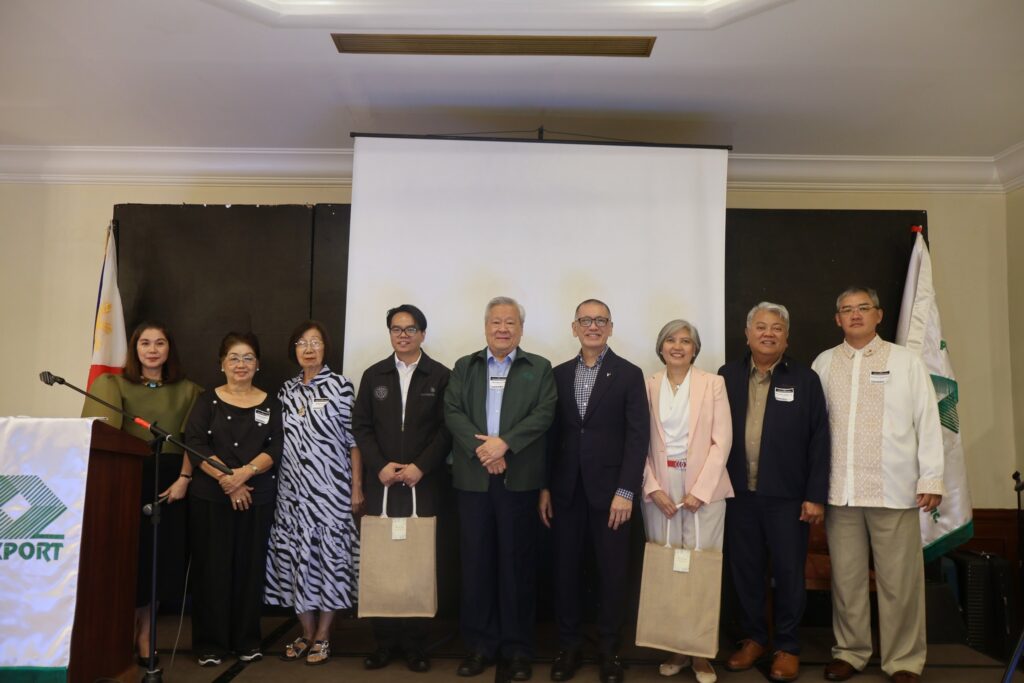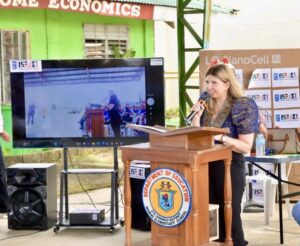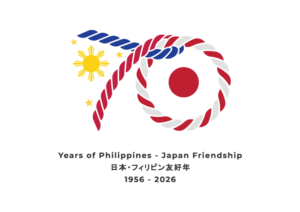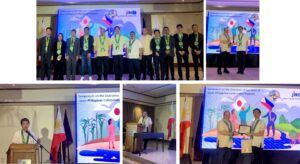
(photo courtesy of iNFORMS, official e-newsletter of Export Development Council)
“Unlocking enterprise competitiveness and productivity” took center stage at the Philippine Exporters Confederation, Inc. (PHILEXPORT)’s 1st Quarter General Membership Meeting. Aligning with its theme, the discussions underscored skills, production, market opportunities, and incentives – key elements to help businesses adapt, survive and thrive in the global landscape.
Board of Investments (BOI) Atty. Ellyjean Portoza discussed the overview of the CREATE MORE Act or R.A. 12066 which reduces corporate income tax rate for Registered Business Enterprises to twenty percent.
Included in the discussion was the exemption of the Value-Added Tax (VAT) on importations and promotion of VAT zero-rating on local purchases related to Export-Oriented Enterprises (EOEs). This law provides benefits not only to export related businesses but to domestic firms as well.
TESDA Deputy Director General Nelly Dillera introduced the Enterprise-Based Education and Training (EBET) Framework Act or R.A. 12063. She noted the law aims to bridge the skills mismatch in the workforce. Through the direct collaboration of the enterprise in the curriculum development, standardized training programs catered to industry-specific competencies can be created. As part of its promotion, the law incentivizes business participation in workforce development and introduces a centralized platform for program registration.
ITC-ARISE Ms. Emma Benito presented ARISE Plus Philippines, an EU-funded initiative with the objective of enhancing the trade performance and competitiveness of the nation. Several export coaches and quality champions trained under the project and are now experts in Food and Drug Administration (FDA), Food Safety Training (GMP/GHP, HACCP, ISO/FSSC 22000, EU Food Regulations), and productivity tools to aid enterprises in complying to international standards.
For his part, Mr. Jonas Dumdum of NOMURA Research Institute – Manila described the current landscape of sustainability reporting in the Philippines. He emphasized the importance of Environmental, Social, and Governance compliance. He outlined key regulatory developments, including the adoption of IFRS S1 and S2 standards, and urged businesses to integrate sustainability metrics into their operations.
PHILEXPORT continues to support the country’s export community; from fiscal incentives and workforce alignment to international compliance and sustainable practices, the insights shared enable businesses to pursue growth while staying resilient and future-ready.


